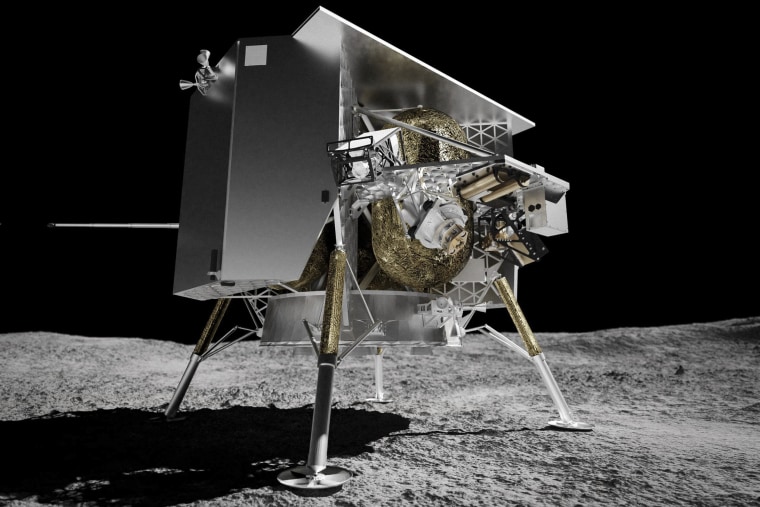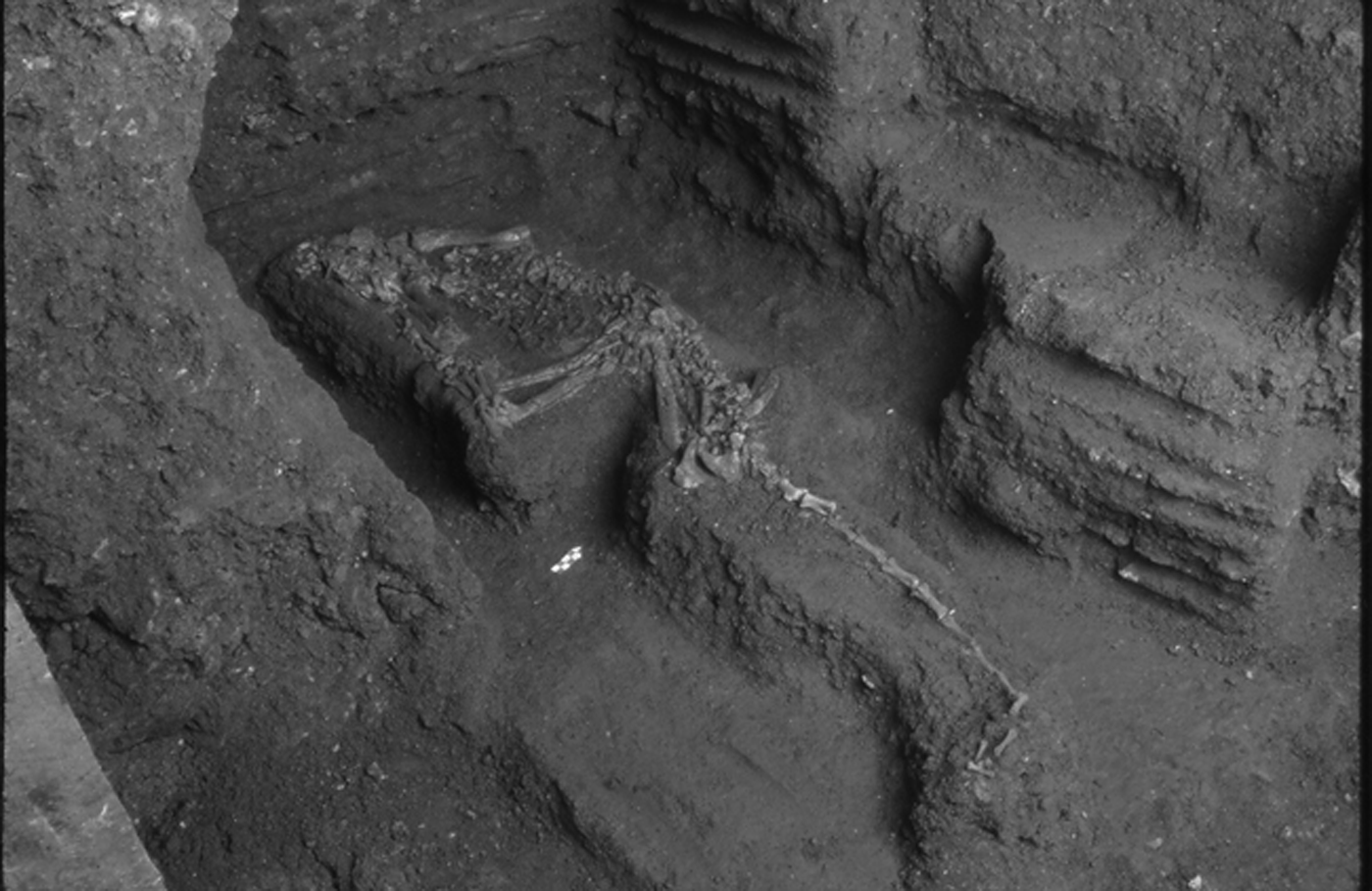
When NASA attempted to return to the Moon for the first time in 50 years on January 8, more was at risk than just US$108 million worth of development and equipment.
The agency earned the ire of the Native American Navajo people, who made a bid to stop the launch because of an unusual inclusion in the payload.

The Peregrine lander (which completed its controlled re-entry into the atmosphere late last week) was carrying human ashes, including those of famed science fiction author Arthur C. Clarke. A commercial partnership also allowed paying customers to send their mementos to the Moon.
As space exploration becomes increasingly privatised and commercial, you can now send your favourite stuff to the Moon. But what does that mean, both ethically and legally?
The Moon open for business

US company Astrobotic owns the Peregrine, which is the size of a small car. It ran into fatal fuel issues shortly after being launched on Vulcan Centaur rocket from Cape Canaveral.
On board are “vanity canisters”. The idea arose in a partnership between the firm and global freight company DHL.

Under the deal, anyone can send two and a half centimetre by five centimetre package to the lunar surface for less than US$500. Apart from size, there were a few other limitations on what each package could contain.
Astrobotic, founded in 2007 and based in Pittsburgh, Pennsylvania, is one of several US companies providing commercial lunar payload services to NASA to deliver science and technology to the Moon. Peregrine was also carrying scientific instruments from six countries and many science teams.

Perhaps surprisingly, sending ashes into space is not new aboard suborbital and Earth orbital flights.
Two American companies make a business of the service starting at just a few thousand dollars – Celestis and Elysium Space. The practice is embraced by many, including astronauts who have been in space.
A Moon burial (yes, you can buy one) costs more – around US$13,000.

Commercial payloads launched from US soil require approval, but that approval process only covers safety, national security, and foreign policy.
Peregrine, if it had made it, would have marked the first commercial lunar burial. It’s uncharted territory as other worlds become within reach, although it is not the first time it has come up.
NASA pledged to consult in the future after an outcry from the Navajo when, 20 years ago, it carried some of Eugene Shoemaker’s ashes to the Moon aboard the Lunar Prospector probe. Like many other indigenous cultures, the Navajo Nation considers the Moon sacred and opposes using it as a memorial site.

However, NASA said in a press briefing it had no control over what was on Peregrine, highlighting the gaps between commercial enterprise and international space law.